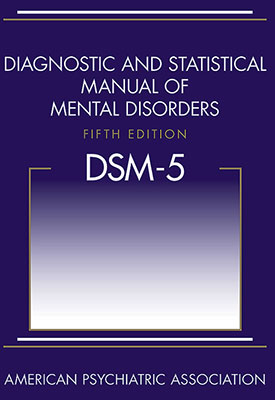
Just weeks before the release of the DSM-V, the National Institute of Mental Health (NIMH) has abandoned the use of the DSM, citing issues with Validity and stating, “patients with mental disorders deserve better”. The NIMH is one of the world’s leading research funders, and for them to abandon the DSM-V before it is released is a shocking move. Research is one of the main forces behind the DSM, and with the largest pulling out, a message will be sent that could change the diagnostic landscape in the US and the world.
The NIMH is concerned about the ever increasing number of disorders and categories used to classify them. As a disorder is placed in a category, it is cut off from other disorders, hampering the study of symptoms across multiple disorders. By looking at similarities between disorders, a better diagnostic method may be devised. Better research can be conducted, as it can include a wider sample size among patients with similar symptoms. Below is a quote from the HIMH:
“Going forward, we will be supporting research projects that look across current categories – or sub-divide current categories – to begin to develop a better system. What does this mean for applicants? Clinical trials might study all patients in a mood clinic rather than those meeting strict major depressive disorder criteria. Studies of biomarkers for “depression” might begin by looking across many disorders with anhedonia or emotional appraisal bias or psychomotor retardation to understand the circuitry underlying these symptoms. What does this mean for patients? We are committed to new and better treatments, but we feel this will only happen by developing a more precise diagnostic system.”
Instead of focusing on “Major Depressive Disorder”, and the symptoms it has alone, research can include symptoms across multiple disorders, possibly leading to better diagnosis and treatments that can be applied to many disorders.
Much criticism has been made of the DSM in the past, over concerns of Validity, Reliability, and Utility. On a professional level, I may not be using the DSM much longer, as I feel the current version will lead to a step back in the diagnosis and treatment of mental disorders. With the NIMH pulling out, others may do the same.
Article Source: Click Here.
Pinterest Pins Relating to Private Practice:
- Internet Addiction News Weekly 02-28-24 - February 28, 2024
- Autism News Weekly 02-27-24 - February 27, 2024
- Autism News Weekly 01-22-2024 - January 24, 2024








